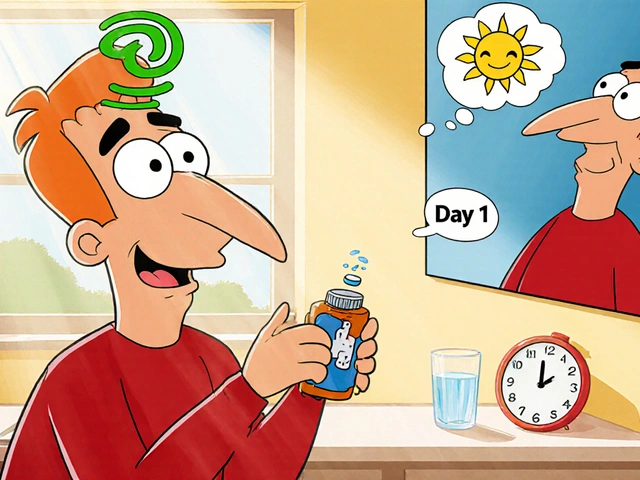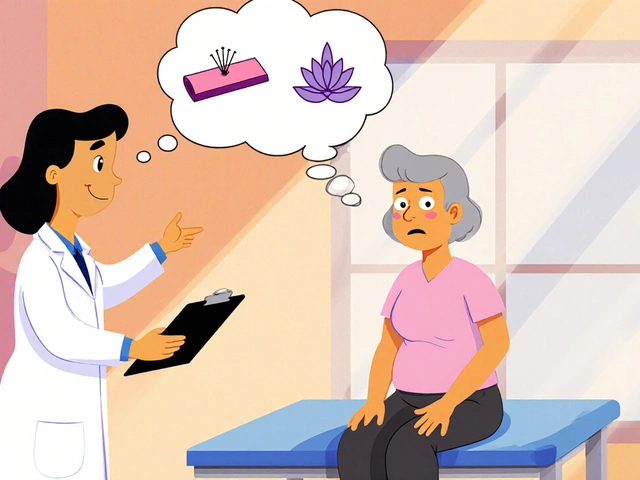St. John's wort: Uses, Risks, Dosage & Key Drug Interactions
St. John's wort is a popular herbal remedy often used for mild to moderate depression — but it can also cut the effects of many prescription drugs. That combination (natural plus risky) surprises a lot of people. Here’s straight talk on what it can do, what it can’t, and what to watch for if you or someone you care about wants to try it.
What it helps and what the evidence says
Multiple reviews show St. John's wort can help mild to moderate depression as well as some prescription antidepressants in those cases. For major or severe depression, evidence is weaker and treatment should be guided by a doctor. If mood problems are small but persistent, some people see real benefit from a standardized St. John's wort extract. Don’t treat serious depression or suicidal thoughts with it alone.
Major drug interactions — the real danger
St. John's wort speeds up liver enzymes that break down many drugs. That means it can lower blood levels and make medicines less effective. Important examples: oral contraceptives (risk of unintended pregnancy), warfarin (lower anticoagulant effect), certain HIV drugs, some cancer meds, tacrolimus/cyclosporine (transplant drugs), and many antidepressants. Mixing with SSRIs, SNRIs or other serotonin-raising drugs may raise the chance of serotonin syndrome — a dangerous state with confusion, fever, and tremor.
If you take any regular prescription medicine, talk to your prescriber or pharmacist before starting St. John's wort. Even drugs you take occasionally, like birth control or blood thinners, can be affected.
Typical product dosing is a standardized extract — often 300 mg taken two to three times a day — but extracts vary a lot by brand and by active ingredient levels. That variability is why talk with a clinician before you start and use a single trusted brand if you proceed.
Side effects are usually mild: stomach upset, dry mouth, dizziness, fatigue, and increased sensitivity to sun (photosensitivity). If you notice changes in mood, new agitation, or unusual symptoms after adding St. John's wort, stop it and contact your provider.
Some practical rules: stop St. John's wort at least two weeks before surgery, avoid it while pregnant or breastfeeding unless advised by a specialist, and never combine it with prescribed antidepressants without close medical supervision. If you need to stop it, do so under guidance—blood levels of affected drugs may change over days to weeks.
Want to try it? Write down every medicine, supplement, and OTC product you use and review the list with a clinician or pharmacist. That simple step prevents most of the risky interactions and keeps herbal use safer and smarter.




